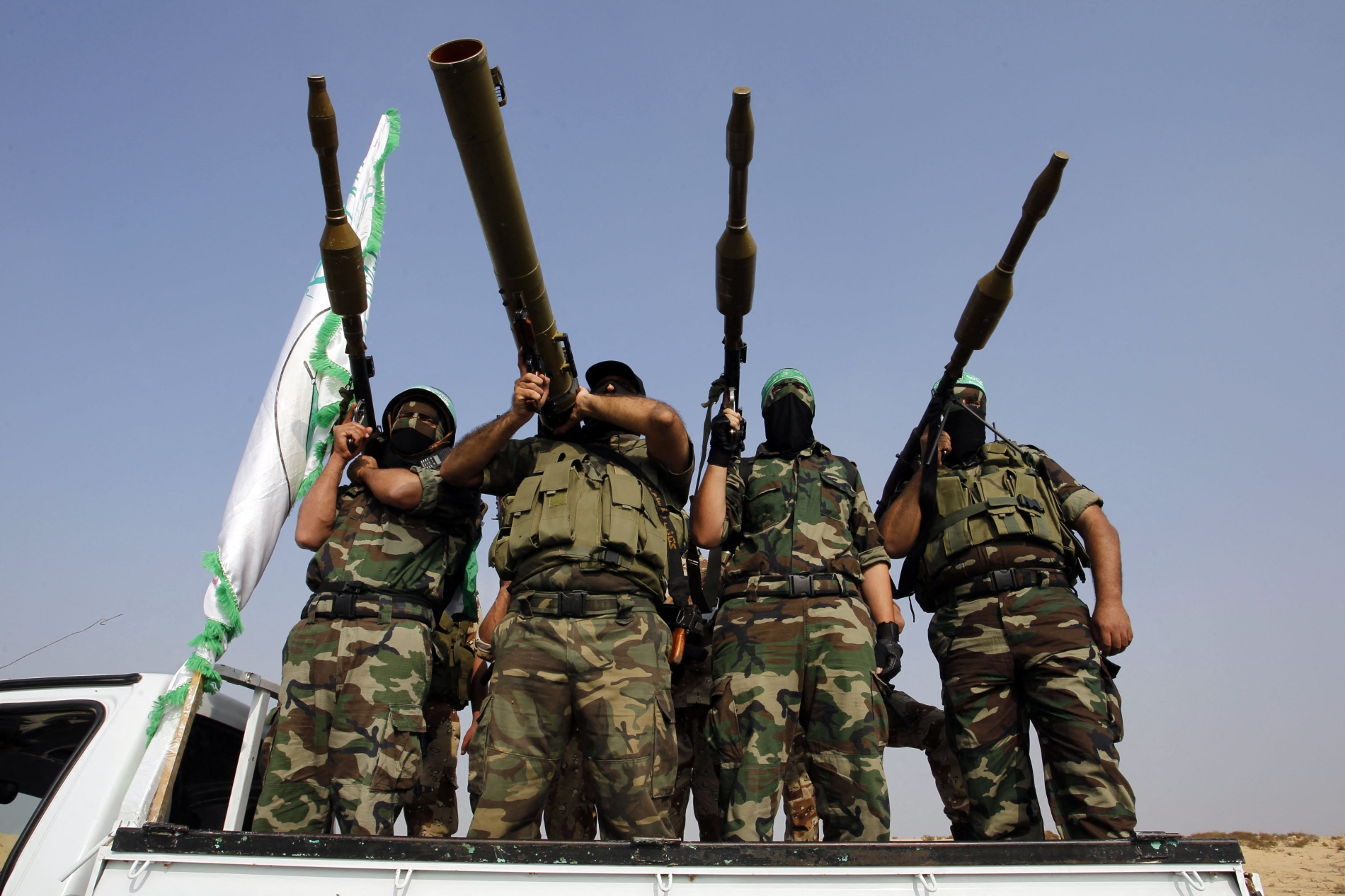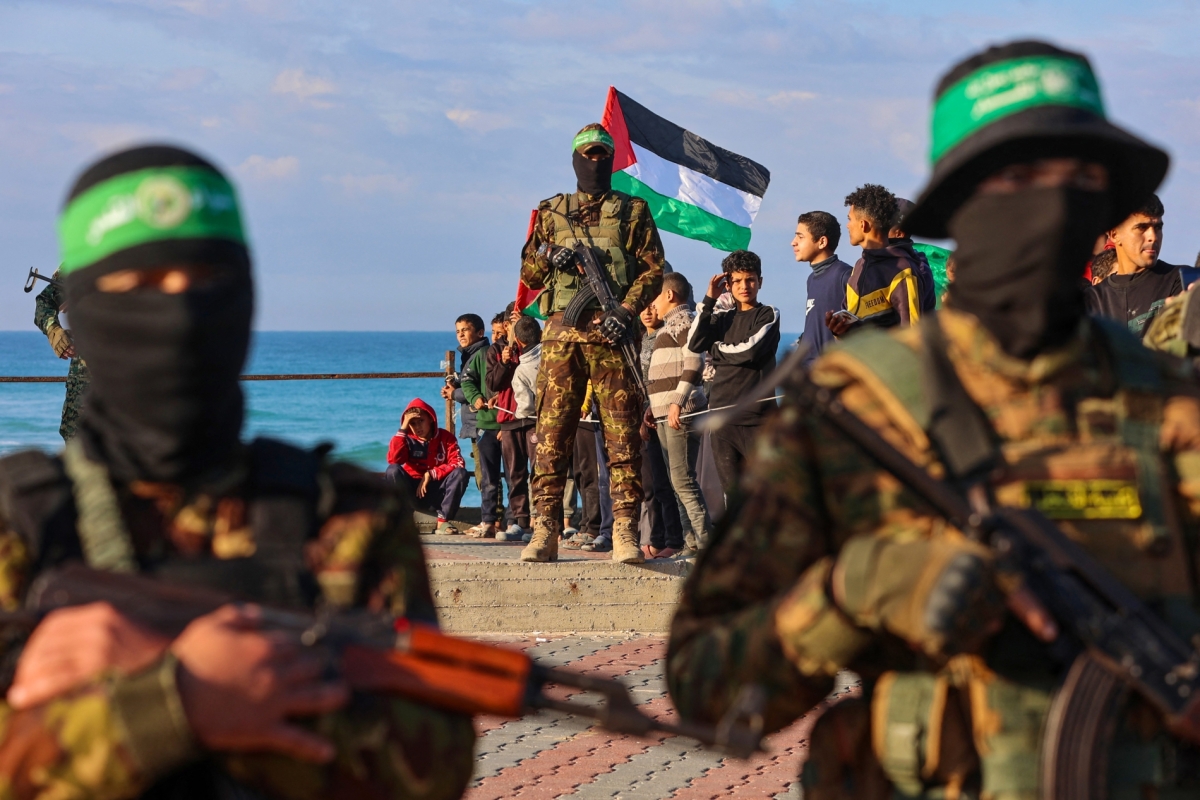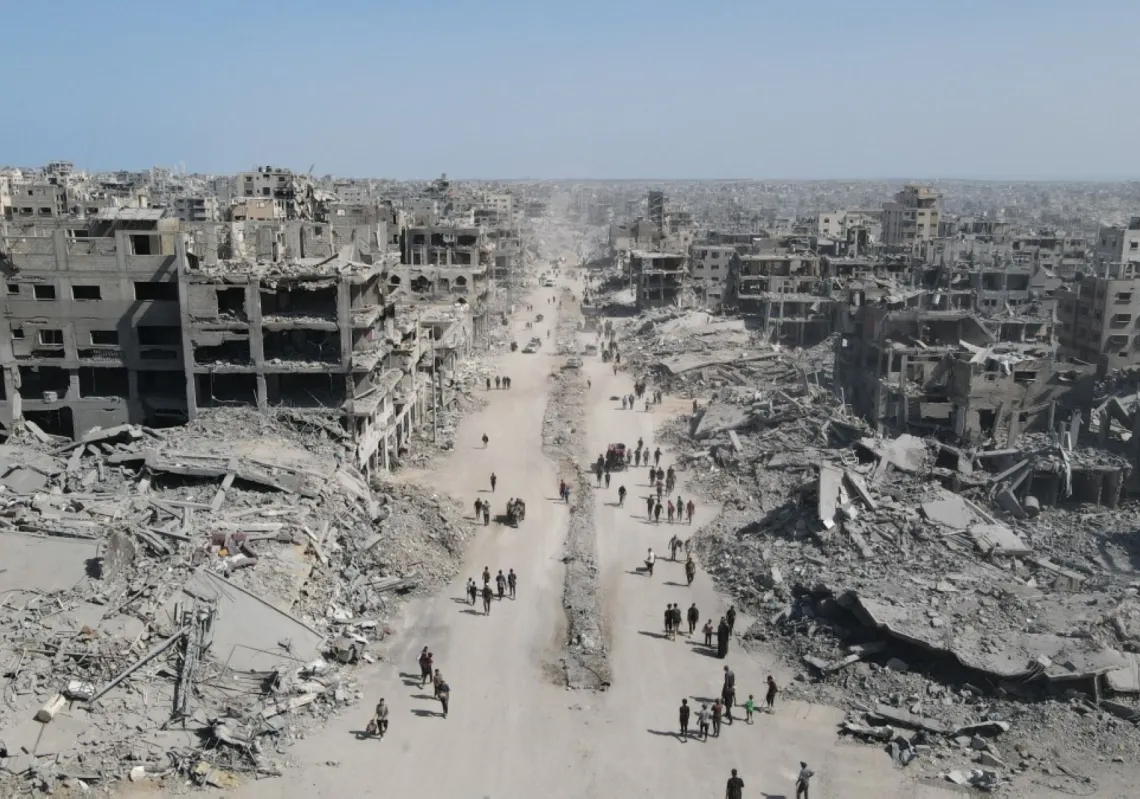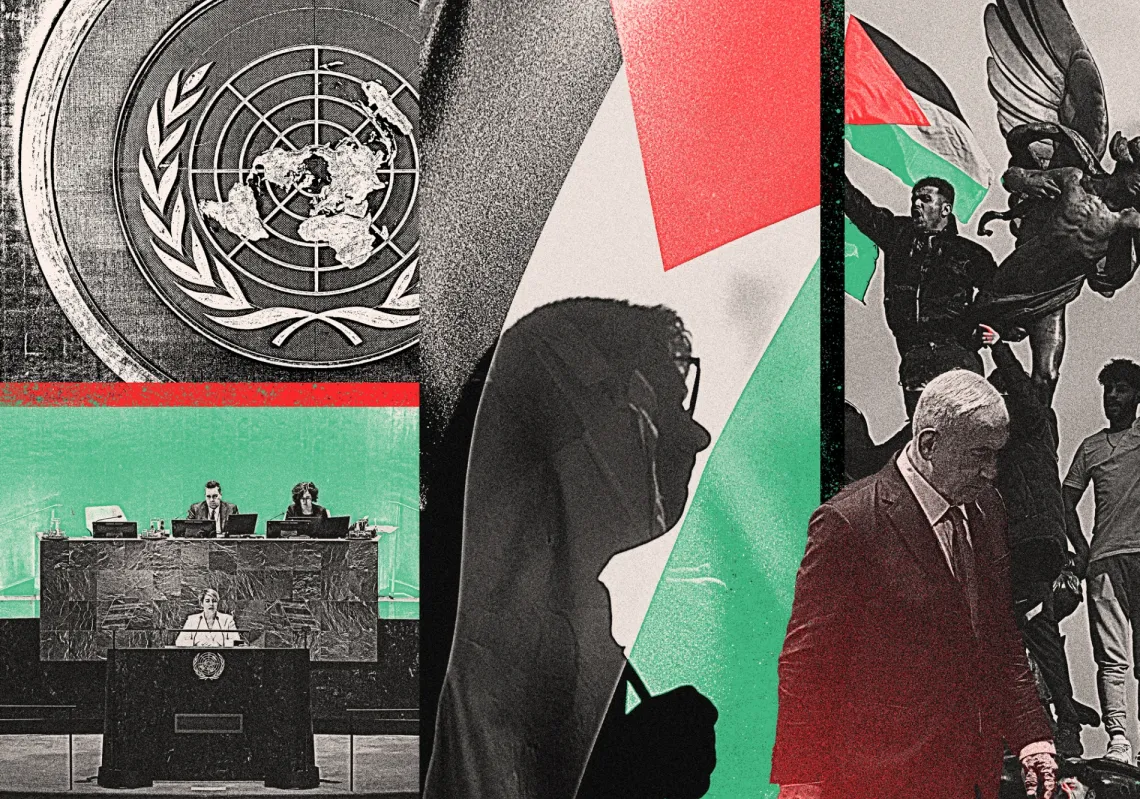Since the Gaza ceasefire took effect on 9 October 2025, Israel has killed more than 200 Palestinians in the territory. It claims that it is targeting Hamas, which it accuses of violating the ceasefire and delaying the handover of hostages' bodies. Having lost most of its weaponry, fighters, and supply lines, Hamas cannot respond as it once did.
It no longer cites the right to resist, nor does it seek to impose a deterrent; it simply reaffirms its commitment to the ceasefire and expresses a willingness to relinquish weapons it deems "offensive," while rejecting complete disarmament. It insists on a formula that would enable it to assert influence internally within Gaza, not unlike that of Hezbollah in Lebanon. However, the situation in Gaza is significantly more complex and dire, with continued rejections of any form of Palestinian sovereignty.
It is understood that the ceasefire agreement, aligned with Trump's plan, stipulates the dismantling of Hamas's military infrastructure and its complete disarmament. It also calls for a political transformation through an international and regional body to administer the Gaza Strip, at least temporarily, with border crossings reopening, humanitarian aid allowed in, and reconstruction efforts commencing.
Few cards left
Hamas has limited room for manoeuvre, far less than Hezbollah had in Lebanon. It has accepted the 20 clauses outlined in Trump's plan, under assurances from Arab and Muslim nations, including Türkiye, Qatar, and Egypt. Recently, the Qatari Prime Minister said, "Hamas and all factions will hand over their weapons and hand over Gaza".
Trump's plan overlooks the reality that Israel is an occupying power and is responsible for a brutal war widely condemned across the globe. It also fails to address what will follow the war, or who will govern Gaza. Such gaps and ambiguities plagued the Oslo Accords in the early 1990s.
Still, Hamas remains inconsistent, despite having few remaining options and limited capacity to act. Increasingly, all parties see Hamas as the one giving Israel a pretext to attack, prompting Hamas leader Khalil al-Hayya to state recently that it would not give Israel any reason to resume its bombing.

The remark is notable. Since 7 October 2023, Hamas's leadership has always argued that Israel requires no justification for its actions, deflecting blame for its own actions that day that triggered the devastating onslaught. Additionally, despite accepting Trump's plan, Hamas now wants to backtrack on disarming, including by drawing a distinction between 'offensive' and 'defensive' weapons, by resuming military parades among Gaza's ruins, and by carrying out public executions to reassert its authority, with echoes of Hezbollah in Lebanon after 2006.
On the question of pretexts, al-Hayya's statement misses the point. While it is true that Israel feels it does not need to justify its killings, arrests, demolitions, and desecration of holy sites, it does require more than a mere excuse— namely, a significant event. What happened on 7 October 2023 is just such an event, as it lies well outside the framework of popular resistance or guerrilla warfare.
Instead, it was conceived by Hamas as a confrontation of army against army, missile against missile, driven by delusions of Israel's imminent societal collapse and of "angels" (regional allies) joining battle in support. Today, it is Hamas and its supporters that call for a ceasefire and the surrender of power, positions they vehemently opposed before Gaza's destruction.












